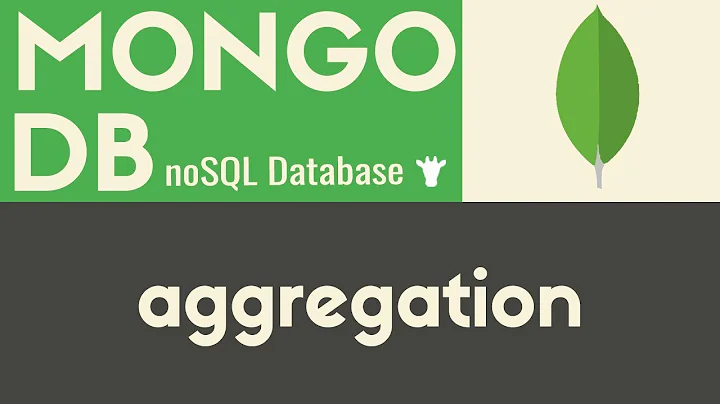mongoose distinct and populate with documents
Solution 1
Would this be the right way considering the current lack of support in mongoose?
followerModel
.find({id_follower:{$in:followerIds}})
.distinct('id_post',function(error,ids) {
Posts.find({'_id':{$in : ids}},function(err,result) {
console.log(result);
});
});
Solution 2
You can simply use aggregate to group and populate the collection. now we have the desired result
db.<your collection name>.aggregate([
{
$match: {<match your fields here>}
},
{
$group: {_id: <your field to group the collection>}
},
{
$lookup: {
from: "<your collection of the poupulated field or referenced field>",
localField: "<give the id of the field which yout want to populate from the collection you matched above cases>",
foreignField: "_id", //this references the id of the document to match the localField id in the from collection
as: 'arrayName', //<some name to the returned document, this is a single document array>
}
},
{
$project: {
//you really don't want the whole populated fields, you can select the fields you want
<field name>:
<1 or 0>, // 1 to select and 0 to not select
//you can add multiple fields here
//to select the fields that just returned from the last stage we can use
"arrayName._id": <1 or 0>,
}
}
])
//at last you can return the data
.then((data) =>{
console.log(data);
});
we have distinct() by $group and
populate() by $lookup
and we also select() by $project
Related videos on Youtube
Andries Heylen
Updated on September 15, 2022Comments
-
Andries Heylen over 1 year
I have the following model:
var followerSchema = new Schema({ id_follower: {type: Schema.Types.ObjectId, ref: 'Users'}, id_post: {type: Schema.Types.ObjectId, ref: 'Posts'} });I want to be able to find all posts for a list of followers. When I use find, it returns me of course multiple times the same post as multiple users can follow the same post.
So I tried to use distinct, but I have the feeling the "populate" does not work afterwards.
Here is my code:
followerModel .distinct('id_post',{id_follower:{$in:followerIds}}) .populate('id_post') .sort({'id_post.creationDate':1}) .exec(function (err, postFollowers) { console.log(postFollowers); })It only returns me the array of the posts, and it is not populated.
I am new to mongoDB, but according to the documentation of mongoose, the "distinct" method should return a query, just as the "find" method. And on a query you can execute the "populate" method, so I don't see what I am doing wrong.
I also tried to use the .distinct() method of the query, so then my code was like this:
followerModel .find({id_follower:{$in:followerIds}}) .populate('id_post') .distinct('id_post') .sort({'id_post.creationDate':1}) .exec(function (err, postFollowers) { console.log(postFollowers); })In that case it works, but as in the documentation of mongoose you need to provide a callback function when you use the distinct method on a query, and so in my logs I get errors all over. A workaround would be to have a dummy callback function, but I want to avoid that...
Does anybody has an idea why the first attempt is not working? And if the second approach is acceptable by providing a dummy callback?
-
Jamie Hutber over 8 yearsThat is how I believe i would do it also.
-
 cubefox over 5 yearsbut it's not really scalable is it?
cubefox over 5 yearsbut it's not really scalable is it?Postsis huge and acurrentUseronly needs a tiny percentage of them, all of which are stored throughid_follower.id_post -
PravyNandas over 3 years@cubefox since it's filtered on Ids
Posts.find({'_id':{$in : ids}}collection size is not an issue anymore. It scales even millions of records.






![[MongoDB] | Bài 6: Tổng hợp các trường hợp sử dụng populate trong DB | Nodemy](https://i.ytimg.com/vi/vT3LHl9PwuM/hq720.jpg?sqp=-oaymwEXCNAFEJQDSFryq4qpAwkIARUAAIhCGAE=&rs=AOn4CLAelrK-IsC57e7Y26JZS2f5SVza5w)
